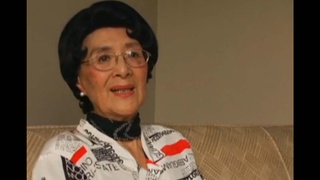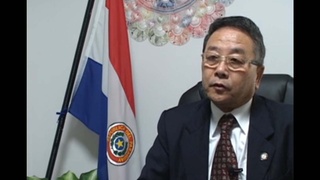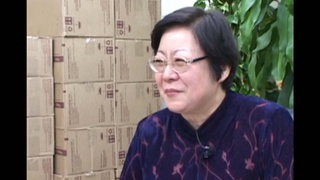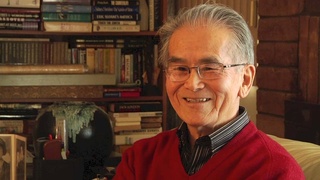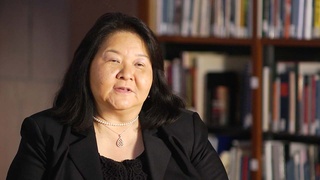Interviews
More government supports in the city of Oizumi for Japanese Brazilians (Portuguese)
(Portuguese)
The change that ... It's [going on] today, especially in the city of Oizumi. They're so, so ... focused on foreigners, know what I mean? When we arrived here ... there was nothing of the kind. It was a beginning – the beginning – so ... At first, it was sure difficult for everyone, ya know, but in time the city, the government, everything, it was like ... Seeing this [new approach] that, well, [believes] the Brazilians deserve this opportunity to have everything at hand. Like today, in the city hall – you go to the city hall and it's ... everything is written in Portuguese. They’ve got a translator, at least in Oizumi [and] in other states [sic, prefectures], like [in the city of] Hamamatsu [in the Shizuoka Prefecture]. Other states, ya know. So I believe that them [sic] Brazilians don’t feel no [sic] difficulty here these days because they’ve got everything at hand. You see a sign, and it’s ... Everything is in Portuguese or in English. So, I mean, I think it's changed a lot. It's getting better for sure.
Date: October 19, 2016
Location: Gunma, Japan
Interviewer: Shigeru Kojima
Contributed by: Watase Media Arts Center, Japanese American National Museum






